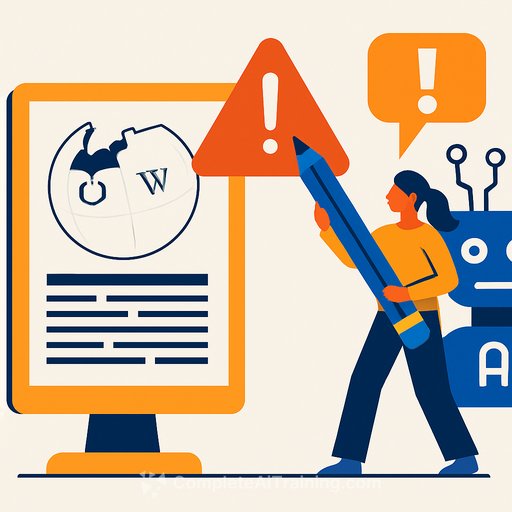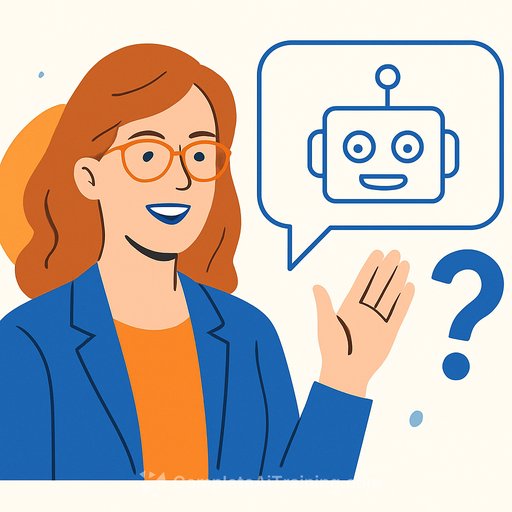How Wikipedia is Combating AI-Generated Low-Quality Content
Wikipedia’s volunteer editors face a growing challenge: an influx of AI-generated articles filled with inaccurate details and fake citations. This surge of low-quality content threatens the site’s reputation for reliability and neutrality.
The Wikipedia community has responded swiftly, adopting what Wikimedia Foundation product director Marshall Miller describes as an “immune system” approach. Volunteers are constantly vigilant, adapting their strategies to preserve the integrity of the site as new challenges like AI-generated content emerge.
Speedy Deletion: Cutting Through the Noise
One effective tactic is the “speedy deletion” of poorly constructed articles. Normally, flagged articles undergo a seven-day discussion before removal, but the new rule allows administrators to bypass this process when content is clearly AI-generated and unchecked by its submitter.
Editors identify these problematic articles by spotting key signs such as:
- Writing that directly addresses the reader, for example, phrases like “Here is your Wikipedia article on…” or “I hope that helps!”
- “Nonsensical” or incorrect citations, including references to non-existent authors or publications
- Fake or unreachable references, such as dead links, invalid ISBNs, or DOIs that cannot be resolved
These markers help volunteers quickly weed out AI-generated drafts that waste valuable editing time. The community reports being overwhelmed by the volume of such submissions, which often require extensive cleanup.
The Cost of Cleaning Up AI Content
AI-generated articles frequently contain fabricated information and false sources, forcing experienced editors to spend hours verifying facts and fixing references. Speedy deletion helps reduce this burden, allowing the community to focus on maintaining quality content.
For writers and editors, this situation highlights the importance of careful review and fact-checking when using AI tools. While these tools can assist in content creation, they often produce inaccurate or misleading material if left unchecked.
To learn more about responsible AI content creation and editing, consider exploring resources on Complete AI Training, which offers courses on prompt engineering and AI writing tools tailored for professionals.
Your membership also unlocks:






